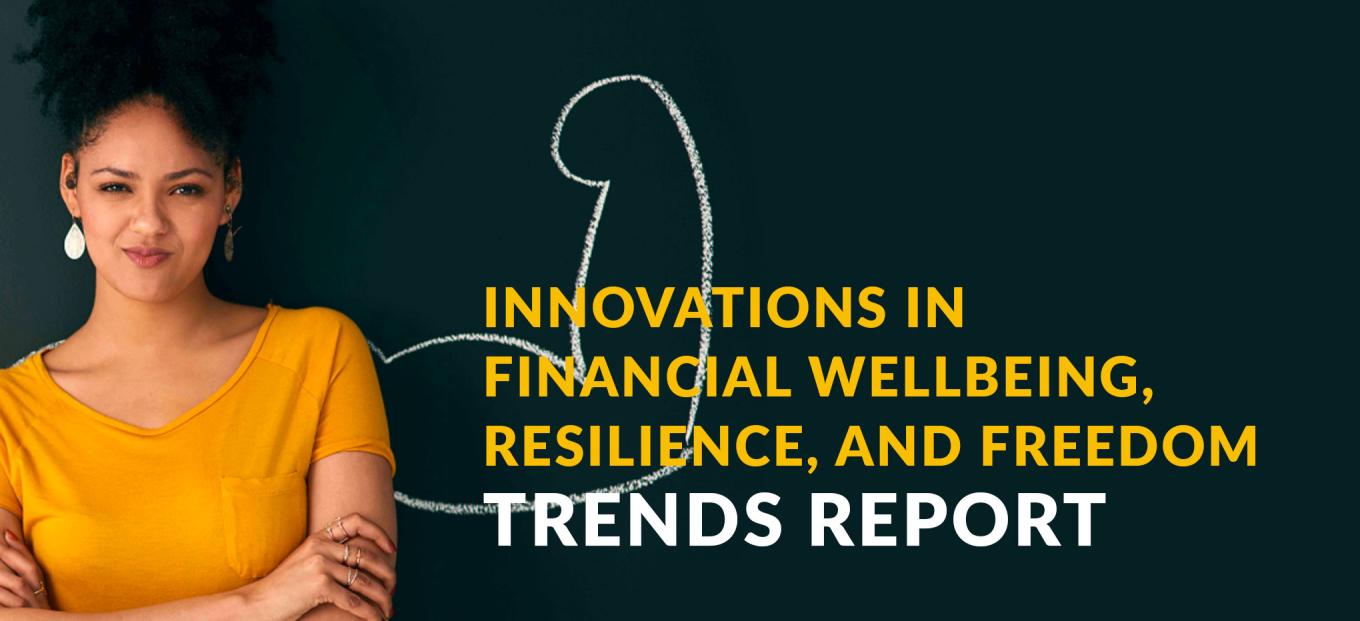
To combat the economic instability facing a growing number of Americans and to empower vulnerable populations to achieve financial security, BNY Mellon and Ashoka partnered in 2018 to launch a national social innovation challenge, “Unlocking ₵hange: Innovations for Financial Wellbeing, Resilience, and Freedom.”
The results were inspiring. People from 44 states across the U.S. shared 114 solutions for financial wellbeing from over 44 states across the U.S., providing support and services to a diverse spectrum of under-served communities.
Submissions ranged from early-stage ideas to established programs with years of demonstrated results, but all share a commitment to expanding financial wellbeing to under-served communities and have exciting potential to scale their impact.
After a close examination of these ideas, six distinct trends emerged among the most innovative solutions. These trends indicate a shift from the status quo and demonstrate a change in the mindsets, relationships, and resources traditionally associated with financial wellbeing:
- Prize Good Financial Behaviors
- School Financial Education
- Leverage the Local
- Base on Place
- Reimagine Community to Capital
- Support Small Business for Big Impact
The purpose of this report is to celebrate the ingenuity and innovative ideas of the Challenge’s foremost social entrepreneurs, hold up their ideas as best-in-class examples for others to consider and incorporate into their work and invite collaborations that advance the field of financial wellbeing. The report also aims to be an instructive resource for practitioners, funders, and others who work in this space, highlighting the value of programs adapted for and tailored to the needs of communities and individuals in the greatest need.
⬇️ Read the report below: